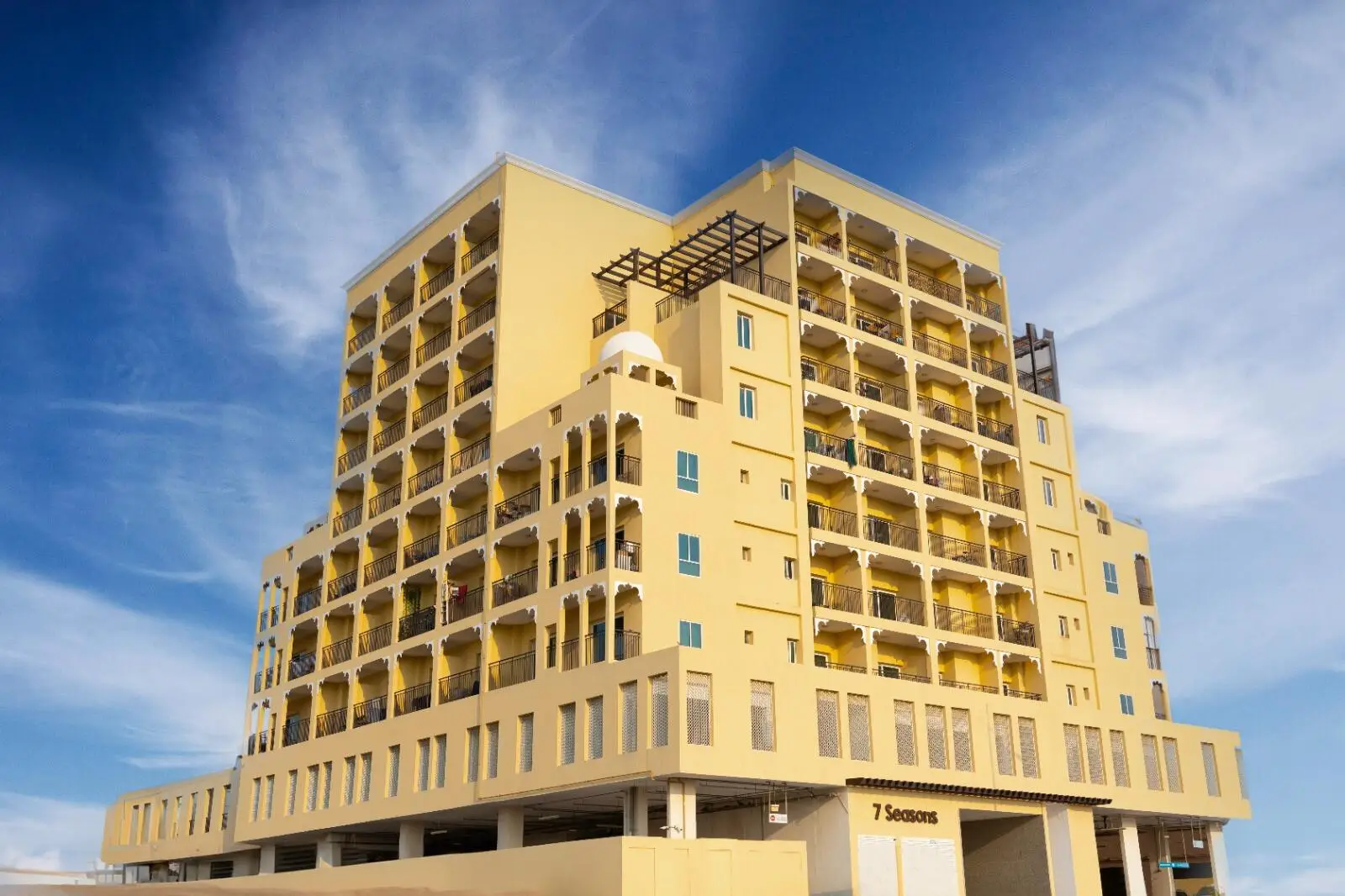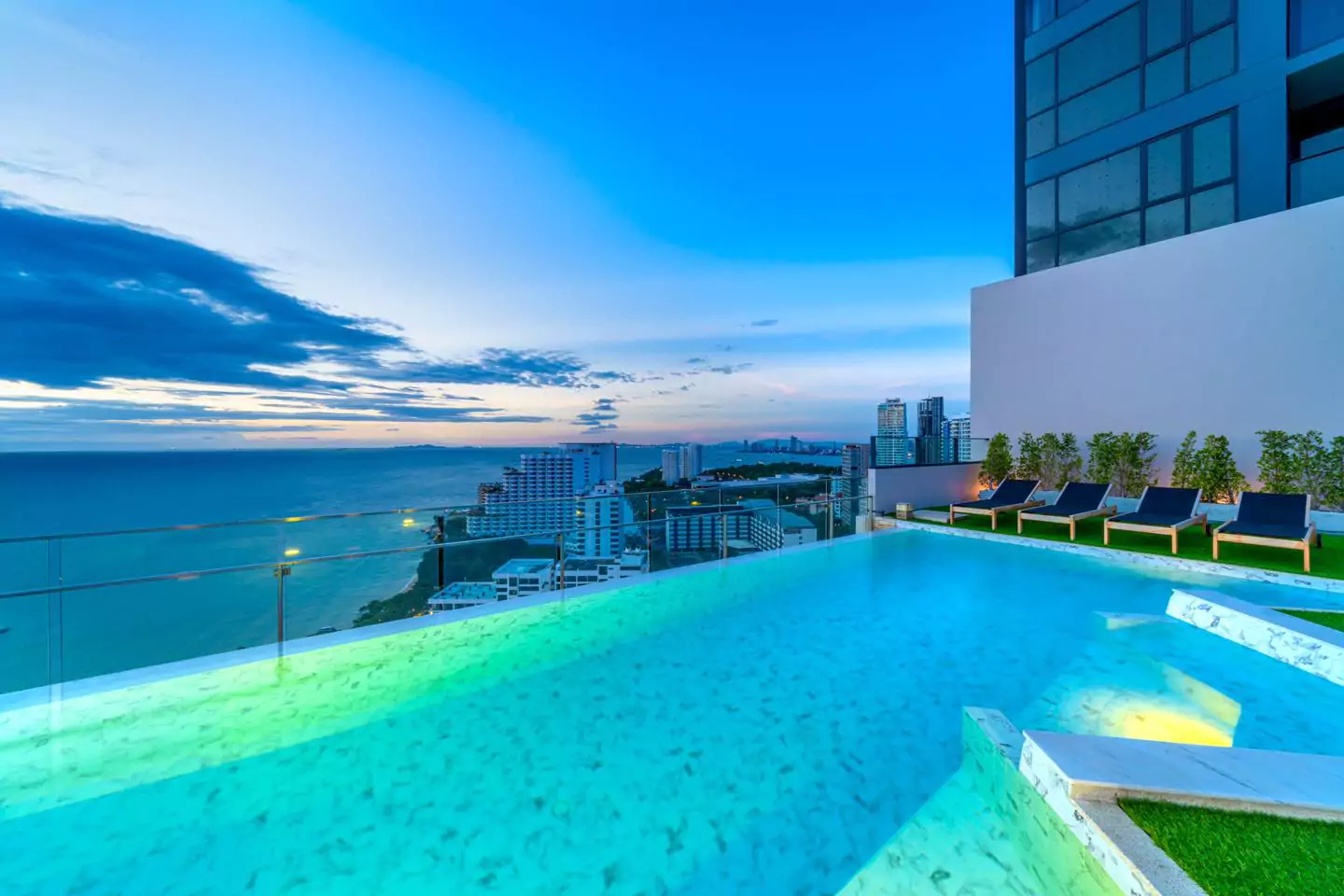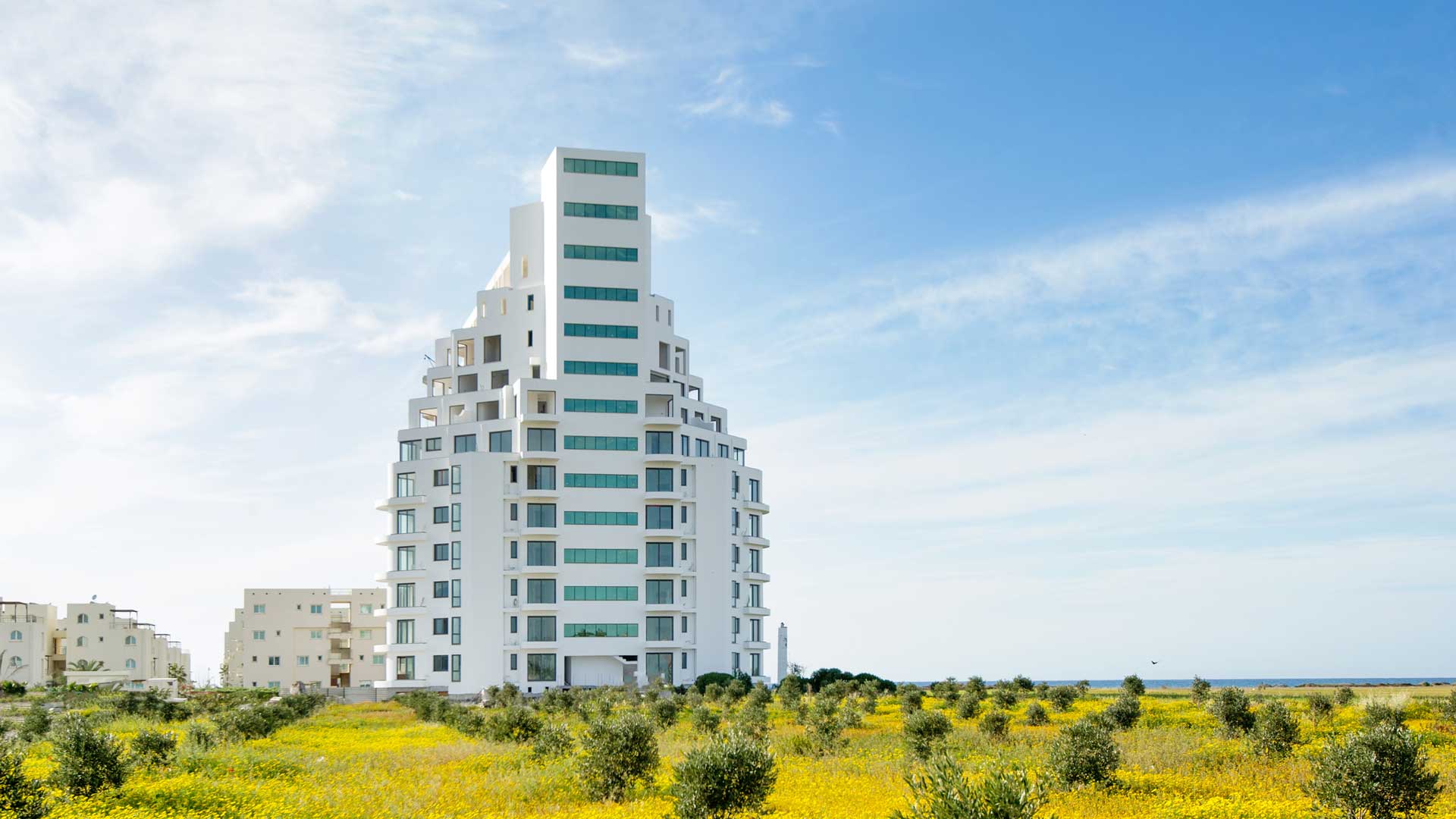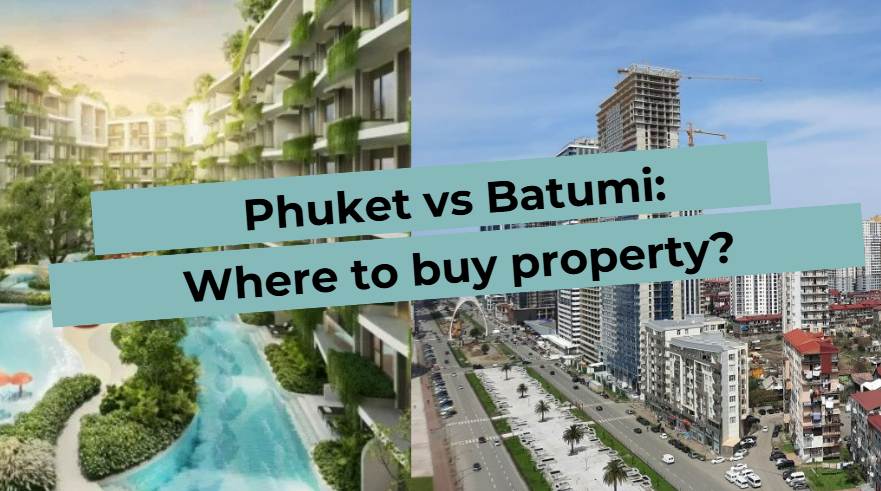
Rental market in Hungary: profitability and prospects


Hello, dear readers! Today we are going to talk about something very interesting and relevant - the rental market in Hungary. In recent years, this market has attracted more and more attention not only from locals, but also from foreign investors. So why is rental real estate in Hungary becoming so popular? The answer is simple: increasing demand and attractive income opportunities. Hungary offers unique opportunities for those looking for profitable real estate investments, especially in major cities such as Budapest, Debrecen and Szeged.
- Immersion in the rental market of Hungary's largest cities, including yield and demand analysis.
- An overview of tourist areas and their potential for rentals.
- The impact of economic and infrastructural factors on rental real estate yields.
- Practical advice for investors looking to invest in rentals in Hungary.
- Forecasts and prospects for the rental market in the coming years.
Join me and together we'll explore the opportunities in the Hungarian rental market and how you can maximize your investment.
State of the rental market in large cities
Budapest as the center of the rental market
Budapest is undoubtedly the jewel of the Hungarian real estate rental market. Let's take a closer look at the current state and prospects of the rental market in this city:
Distinction of neighborhoods:
- Buda - a quieter and greener neighborhood, ideal for families and those looking for tranquility. The average rent here can range from 500 to 700 euros per month for a one-bedroom apartment.
- Pest - A dynamic and vibrant part of the city with many bars, restaurants and cultural events. Rental prices in this area start from 600 euros for a studio and can reach 1000 euros and up for larger apartments.
The impact of tourism and student life:
- Tourism significantly increases the demand for short-term rentals, especially in central and historic districts.
- Universities such as the Budapest University of Technology and the University of Economics attract students from all over the world, driving demand for long-term leases.
Growth Prospects:
- With a steady increase in tourist and student traffic, rental rates in Budapest are expected to continue to rise.
Debrecen and Szeged: regional centers
These cities are also of significant interest to the rental market due to the following factors:
Universities as drivers of demand:
- Universities in Debrecen and Szeged attract a large number of students, which creates a constant demand for rental accommodation.
Business Development:
- The development of business infrastructure, including IT parks and research centers, contributes to the attraction of professionals and, accordingly, increases the demand for rent.
Rental Costs and Yields:
- In Debrecen, the average rental price is between 300 and 500 euros per month for a one-bedroom apartment.
- In Szeged, rental prices are similar, making these cities attractive for long-term investment in rental real estate.
In conclusion, the rental market in Hungary's major cities continues to show steady growth and offers many opportunities for investors. Successful investment in rental real estate depends on choosing the right location and understanding the local market.
Tourist zones and their rental potential
Balaton: favorite vacation spot
Lake Balaton is not called the pearl of Hungary for nothing. It is the largest lake in Central Europe and one of the most popular vacation destinations for both locals and tourists from all over the world. During the summer months, when the tourist flow reaches its peak, the average cost of renting accommodation can increase several times. For example, an apartment that normally rents for 500 euros per month in July and August can cost from 1,000 to 1,500 euros per week.
Investors who prefer short-term rentals can significantly increase their profits during the summer months. This makes Balaton particularly attractive to those looking for investment opportunities in tourist real estate. Platforms like Airbnb and Booking.com make it easier to manage short-term rentals by providing access to an international audience.


Eger and Hévíz: health resorts with high potential
Turning to the cities of Eger and Hévíz, known for their therapeutic resorts, their unique rental potential should be noted. These cities are centers of attraction for health tourists, which ensures a high demand for accommodation throughout the year, especially in the warmer months.
In Eger, a city famous for its wines and historical monuments, the average rent ranges from 400 to 700 euros per month, but prices may increase during the tourist season or major festivals. Hévíz, famous for its unique thermal lake, offers apartment rentals from 500 to 800 euros per month, and up to 1200 euros during the summer months.
The growing popularity of Eger and Hévíz among international investors confirms their potential as reliable investments. These cities offer not only high rental yields, but also the opportunity to participate in the development of health tourism, which is one of the priority areas in the Hungarian tourism industry.
Thus, investment in rental properties in tourist areas of Hungary can provide high returns and stable demand, especially if seasonal fluctuations and specifics of each region are taken into account.
Factors affecting rental real estate profitability
| Factor | Impact on profitability | Examples/Details |
|---|---|---|
| Tax system | Low taxes on rental income increase the attractiveness of the investment. | Tax on rental income is about 15%, which is lower than many other European countries. |
| Economic conditions | Stable economic development is fueling demand and rental rates. | Hungary's GDP shows steady growth, which has a positive impact on the rental market. |
| Tourism | The high flow of tourists increases the demand for short-term rentals, especially in tourist areas. | More than 40 million tourists visited Hungary in 2019. |
| Infrastructure projects | Infrastructure improvements are making neighborhoods more attractive and driving up rental rates. | The construction of new metro stations and roads in Budapest is improving the accessibility of neighborhoods. |
| Mortgage rates | Low mortgage rates increase people's ability to borrow, which can increase demand for housing. | The current average mortgage rate in Hungary is around 3-5%, which is lower compared to previous years. |
| What kind of returns are possible? | Opportunity for significant returns depending on site selection and management. | In Budapest it is possible to yield 5-7% per annum, on Lake Balaton in season - up to 10-12% per annum. |
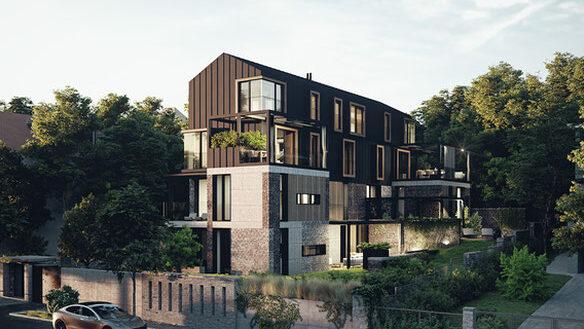
Calculations and strategies for maximizing income
It is important not only to choose the right object for investment, but also to manage it skillfully. In Budapest, choosing neighborhoods with developed infrastructure and high demand, you can expect rental yields of 5-7% per annum. On Lake Balaton, due to high demand during the tourist season, the yield can reach 10-12% per annum for short-term rentals.
To reduce risks and increase profitability, it is advisable to consider buying property at the construction stage, which can offer a lower starting price and the potential for value growth upon completion. It is also necessary to ensure professional lease management, which helps maximize revenues and minimize problems with tenants, providing a high level of service and prompt resolution of issues that arise.
Prospects for the rental market in Hungary
Looking to the future
Looking at the next 5-10 years, it is safe to say that the rental market in Hungary will continue to grow. Rising real estate prices, increasing number of foreign investors and the ongoing development of tourism infrastructure create favorable conditions for long-term rental investments.
Tips for investors
How to choose a rental property
Choosing the right rental property is more than just buying "somewhere and somehow". It is important to consider many factors: location, neighborhood growth potential, infrastructural development and demographic trends. For example, properties in central Budapest neighborhoods or near universities in Debrecen and Szeged can provide high and stable rental demand.
When it is most profitable to buy real estate
The best time to buy is when the market is on the rise, but prices have not yet reached their peak. In Hungary, many experts advise to pay attention to times when the government announces new infrastructure projects or when new large employers start to appear in the region.
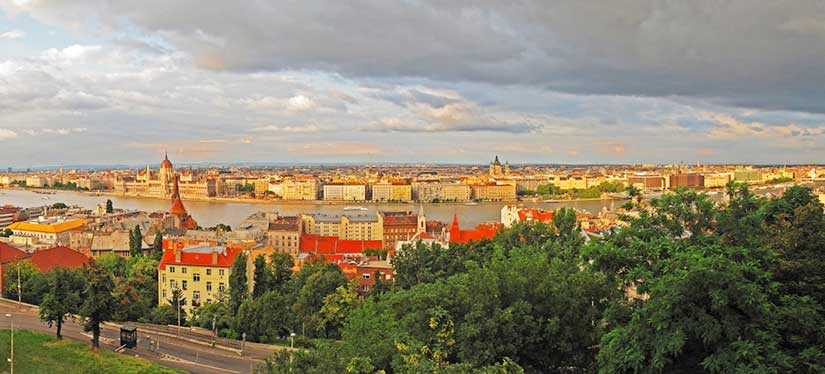
The importance of professional rental management
Don't underestimate the importance of having your property professionally managed. Proper management will not only help you avoid many tenant problems, but will also maximize your income by providing quality service and quick response to issues that arise.
Risk assessment and real estate insurance
As with any investment, it's important to properly assess risks in the rental business. Property insurance can protect you against unforeseen losses such as damage or legal disputes. It is also worth considering legal advice to protect your interests in the long term.
Conclusion
Hungary offers many opportunities for those looking for a profitable rental real estate investment. Whether it is picturesque Balaton or dynamic Budapest, each region has its own unique advantages. By understanding current trends and correctly assessing prospects, you can achieve significant returns. Don't forget that the key to investment success is being informed, attentive to detail, and willing to adapt to changing market conditions.
If you are considering investing in rental properties in Hungary, do not hesitate to contact us for more information and support. Have a successful investment and a stable income!
Investment in rental properties in Hungary is considered profitable due to stable demand, especially in large cities such as Budapest and in tourist areas. Yields can range from 4% to 8% depending on location and type of rental (long or short term).
Budapest, Debrecen and Szeged are the most attractive for rental real estate investments. Tourist areas such as Balaton and Hévíz also offer good opportunities for short-term rentals.
The main risks include fluctuations in demand, especially in tourist areas, changes in tax laws and fluctuations in real estate prices. Property management and competent taxation will help minimize risks.
Average yields are around 4-6% per year for long term rentals and can be as high as 8% for short term rentals in tourist areas such as Balaton.
Rental income is subject to tax, which depends on your residency status and income level. For foreign owners, the tax rate can be up to 15%. It is recommended to consult a tax expert for an accurate calculation.
The outlook for the rental market in Hungary looks positive, thanks to tourism growth, infrastructure development and consistently high rental demand, especially in major cities and resort areas.
The choice between short-term and long-term rentals depends on the location of the property and the investor's goals. In tourist areas, short-term rentals may be more profitable, but long-term rentals provide more stable income, especially in university towns and business centers.
How profitable is it to invest in rental real estate in Hungary?
Investment in rental properties in Hungary is considered profitable due to stable demand, especially in large cities such as Budapest and in tourist areas. Yields can range from 4% to 8% depending on location and type of rental (long or short term).
Which cities in Hungary are the most attractive for renting?
Budapest, Debrecen and Szeged are the most attractive for rental real estate investments. Tourist areas such as Balaton and Hévíz also offer good opportunities for short-term rentals.
What are the risks associated with the rental market in Hungary?
The main risks include fluctuations in demand, especially in tourist areas, changes in tax laws and fluctuations in real estate prices. Property management and competent taxation will help minimize risks.
What is the average yield of rental properties in Hungary?
Average yields are around 4-6% per year for long term rentals and can be as high as 8% for short term rentals in tourist areas such as Balaton.
How is rental income from real estate in Hungary taxed?
Rental income is subject to tax, which depends on your residency status and income level. For foreign owners, the tax rate can be up to 15%. It is recommended to consult a tax expert for an accurate calculation.
What are the growth prospects for the rental market in Hungary?
The outlook for the rental market in Hungary looks positive, thanks to tourism growth, infrastructure development and consistently high rental demand, especially in major cities and resort areas.
Short-term or long-term lease: what is the best choice?
The choice between short-term and long-term rentals depends on the location of the property and the investor's goals. In tourist areas, short-term rentals may be more profitable, but long-term rentals provide more stable income, especially in university towns and business centers.


